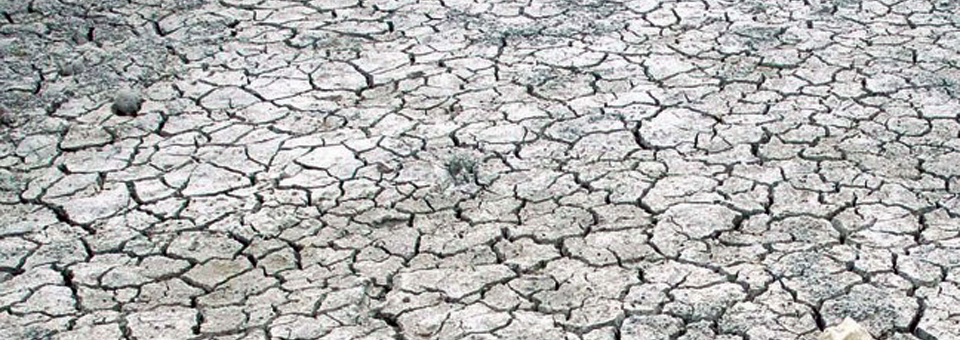The recent flooding in the Kashmir valley of India has been devastating and has created a situation where hundreds of people have been washed away along with thousands of animals who have perished. This type of calamity creates a deep void in the lives of Kashmiri people as the situation even afterthe flooding is just as precarious – water is still standing in many parts of Srinagar and there is a deep fear of looming diseases from the stagnant water. This event has shown-up the failure of a proper drainage system and the lack of vision from political leaders who are in control in this region, which for the last three decades has endured unending political violence from States who still see this as the unfinished saga of the 1947 Partition. The dispute over this territory has been the source of three wars between India and Pakistan and the unpreparedness of both Governments to tackle such situations and safeguard the people is clear to see. To fill this void many non-Governmental organisations have stepped in to help providing food, clothing and whatever else is necessary to sustain Kashmir.
Besides State security forces and other institutions, the Sikh community has stepped-in in a big way to help. As with a previous disaster that hit the area (earthquake), the Shiromani Gurudwara Parbandhak Committee (SGPC), Delhi’s SGPC, and groups from western countries including Khalsa Aid, United Sikhs and Gurdware from Australia have all helped. Through their vast operations and large numbers of volunteers, they have set up camps for food relief and medical camps. They have even helped rescue stranded tourists and other people in the Kashmir valley by arranging air flights for them. Relief and volunteers have been sent through chartered flights as road connectivity is still out in places.
This effort by Sikh groups has been reported as being well-appreciated by the people of Kashmir. Questions about the authenticity of the unbiased role played by the Indian army as reported by the media has however come under question as local people of one predominant community in Kashmir portrayed a very dismissive picture of some official security forces’ relief operations. Kashmiri people and Indians already exist in a tense relationship and although credit must be given to the Armed forces for their efforts, it isn’t all positive.
No doubt the role played by the SGPC and other Sikh groups is a great humanitarian step on which the Sikh way of life is based – to stand up for people without any concern for creed, caste or religion. But if we look closer to home in Punjab, natural calamities in the shape of water borne diseases, pollution of river waters, over-burdened and decaying canal systems, widespread flow of arsenic and poisonous material emerging from distilleries and factories, overuse of chemical fertilisers and pesticides on crops to keep pace with falling agricultural productivity, or above all the daily rain of ash over people living near to thermal plants, have resulted in a much bigger devastation that is steadily destroying the environment and people. This calamity has not gone unreported, namely the suicide of 5 to 6 farmers and farm labourers daily, leaving behind old-age dependents, young widows and orphaned children. Much of this is due directly to the burden of extensive bank loans and debts from other sources which Punjabis take out in a vicious cycle to make ends meet. A small organisation by the name of Baba Nanak Education Society (BNES) is now giving small stipends to those worst-affected through volunteers. But in the middle of this disaster, it is hard to find bigger, humanitarian organisations like the SGPC.
Sikhs worldwide show a greater ability to donate large amounts and other material things in Gurudware, and show a keen interest to be present where there are natural calamities happening. I even read that the SGPC has generated 2 million dollars to save an American Gurudwara from bankruptcy and has just started an information centre in Yuba City in California on 13 acres of land donated by Sikh millionaire Didar Singh Bains despite having hundreds of Gurdware in the country already. These type of efforts are missing when we look in the Punjab state despite the horrific suicide rates and where a vast area has been nicknamed the cancer belt.
Western Sikhs should look no further then the Archbishop of Canterbury under whose leadership the Church of England has used its huge resources to help bring salvation to under-privileged people by making it easier for them to use co-operatives without any collateral or on nominal or no terms of interest. This can easily be done by Sikh organisations like the SGPC and DSGPC to create some kind of fund to eliviate the plight of farmers who are pushed into taking extreme steps. At the very least we should look after these victims’ families and in case of cancer and other diseases look to build and operate better, sustainable hospitals. It is a good step to stand up for the Kashmiri people in their hour of need, but the same zeal should be shown towards the decay of Punjab which is suffering calamity every day.





